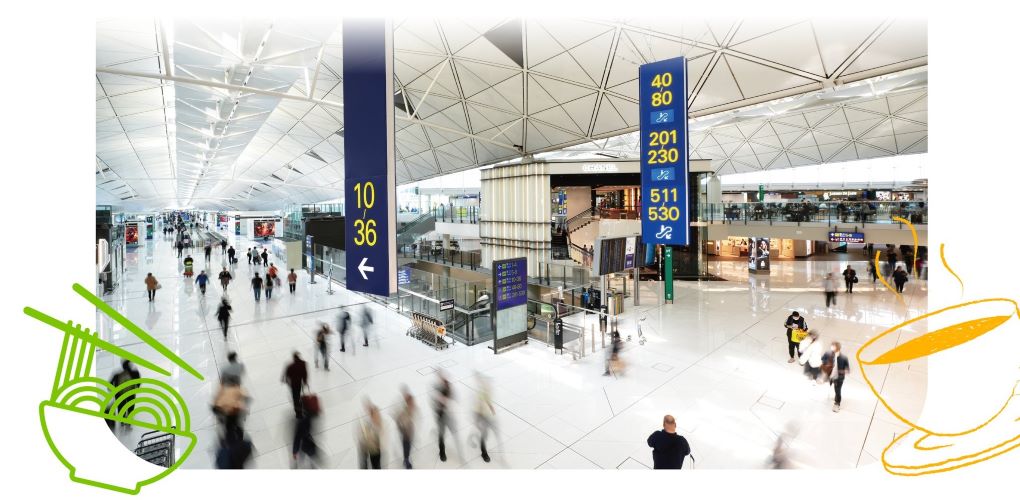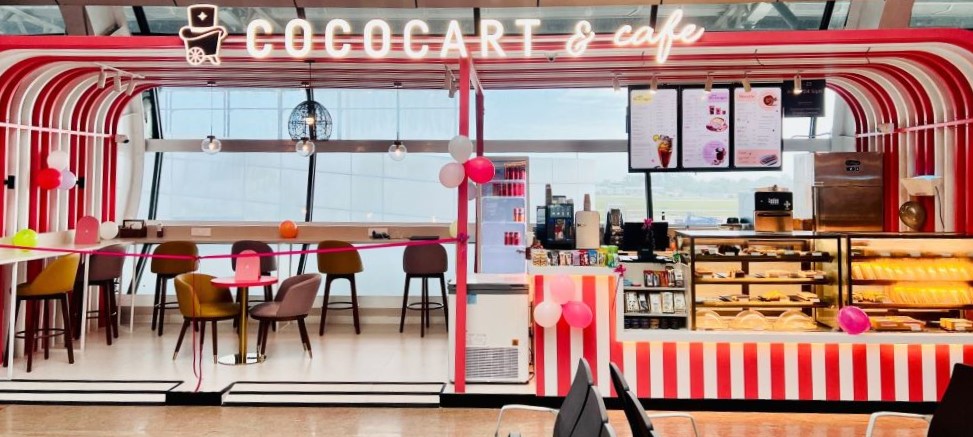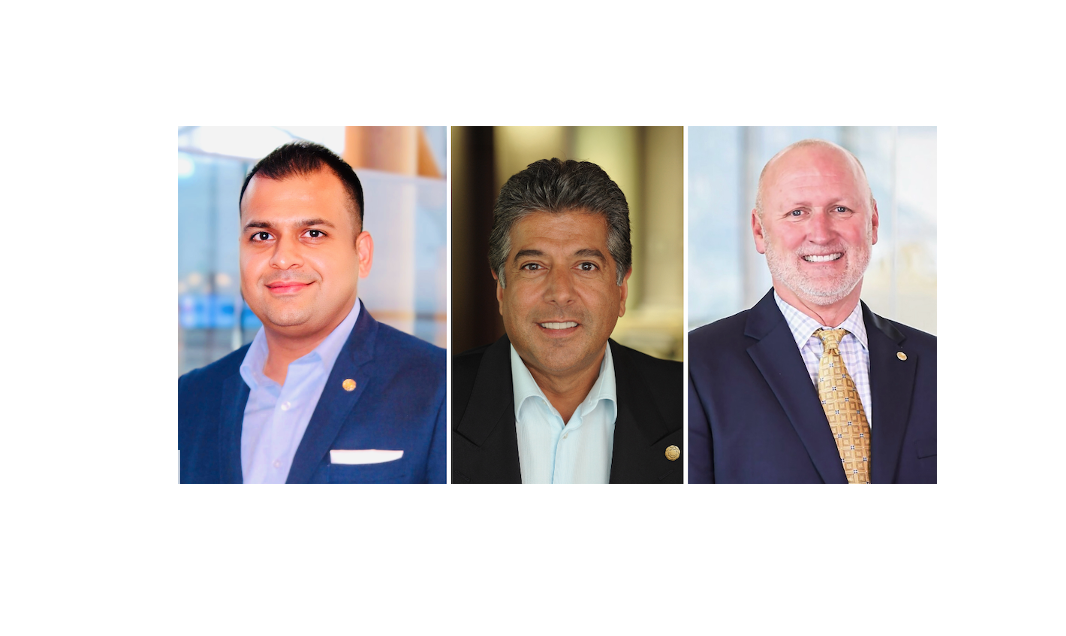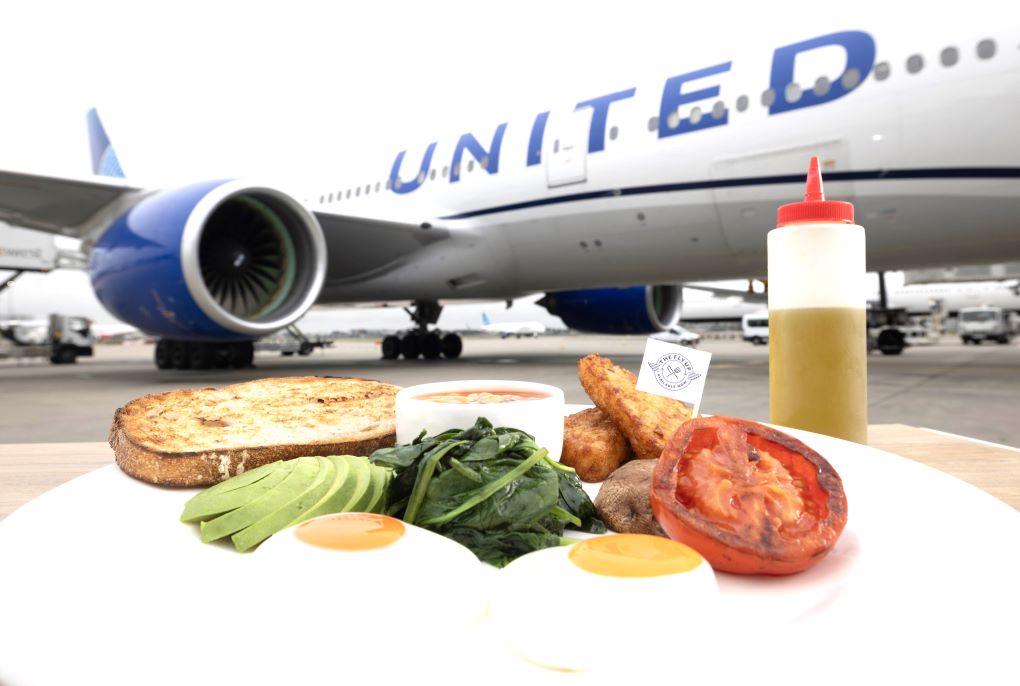
UK. Heathrow Airport has introduced a first-of-its-kind breakfast offering, the Fly Up, which is cooked using renewable biofuel.
Created in partnership with English celebrity chef Heston Blumenthal’s Perfectionists’ Cafe, the Fly Up programme is part of Heathrow Airport’s push to reach net-zero emissions by 2050.
It will also raise awareness of sustainable aviation fuel (SAF), which the UK aviation sector projects will account for 40% of the industry’s total carbon reductions by 2050.
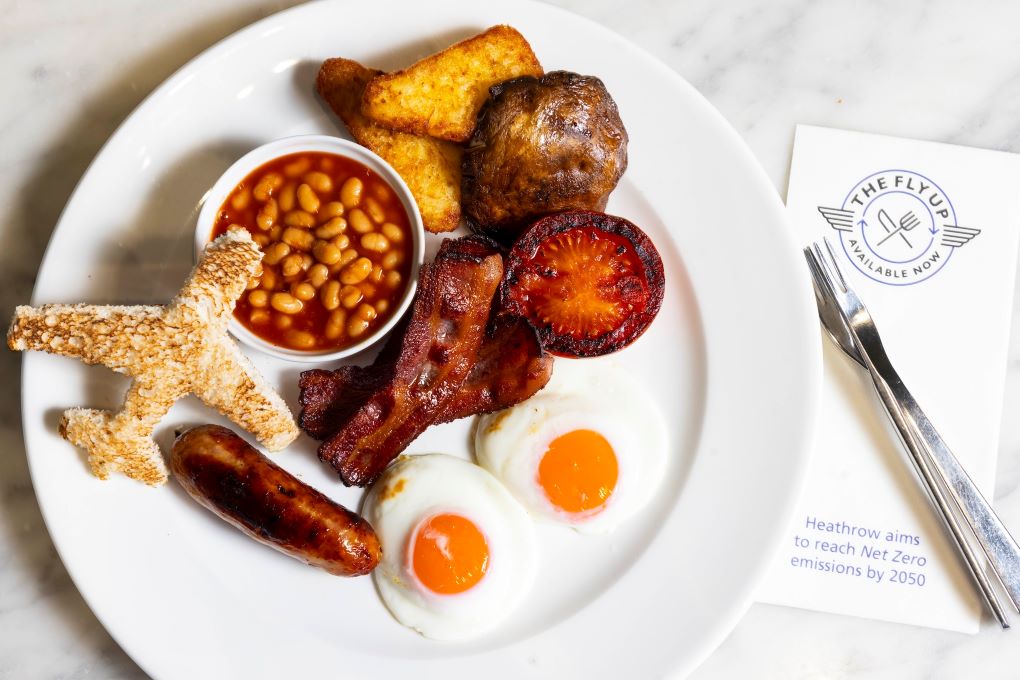
In the UK aviation sector’s latest net-zero roadmap, SAF is the single biggest innovation that will support its 2050 net-zero target. It contains a smaller carbon footprint than traditional jet fuel, is made from a variety of sources – including used cooking oils – and can be used in aircraft engines alongside regular fuel.
Heathrow Airport has pioneered the Sustainable Aviation Fuel scheme to reward those using SAF at the airport by cutting the price gap between conventional jet fuel and SAF by half.
Heathrow is aiming for 2.5% of all aviation fuel used at the airport this year to be SAF – this will amount to up to 155,000 tonnes of fuel and is a key part of the airport’s sustainability drive.
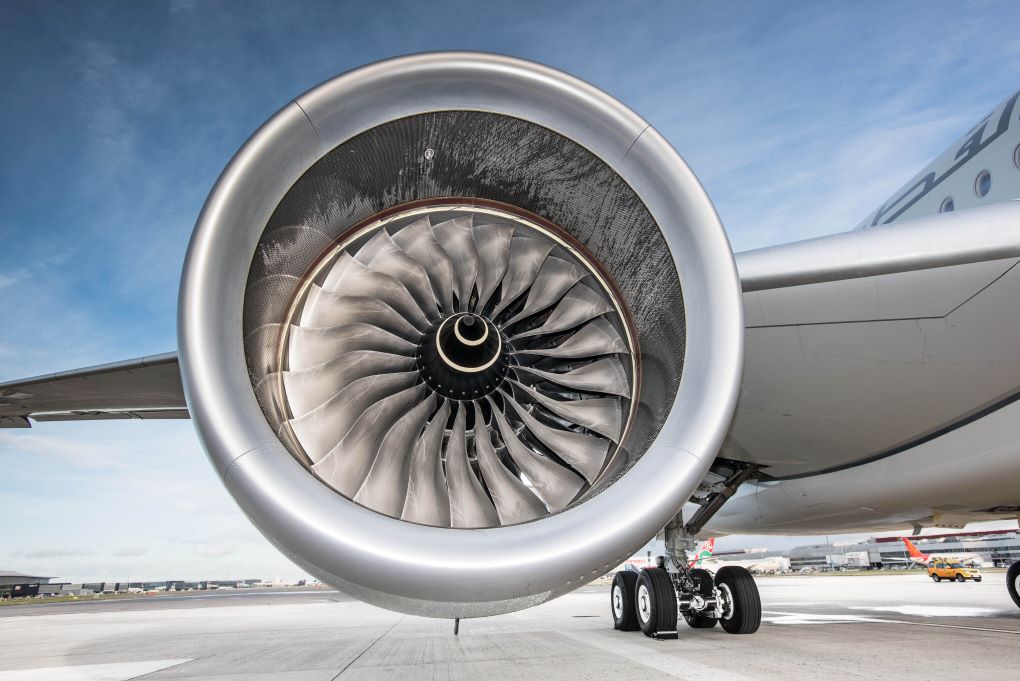
Heathrow Airport has joined forces with waste-management service Quatra to collect, clean and recycle the used cooking oils from the Fly Up breakfast.
After collection, the cooking oils and fats will go through treatment and purification to remove organic impurities and water. The processed oil is then forwarded to Quatra’s partners and transformed into biofuels including SAF and Hydrotreated Vegetable Oil.
The Perfectionists’ Cafe Head Chef Carlos Santos commented: “This is an exciting partnership that we are thrilled to be part of. The Fly Up is made up of the best of British ingredients – a breakfast we’re proud of, and even more so as it signifies a positive step towards a more sustainable future for air travel.”

Heathrow Airport Director of Carbon Matt Gorman said: “We are delighted to partner with Heston Blumenthal’s The Perfectionists’ Café to introduce the Fly Up, a breakfast that not only gives passengers a delicious start to the day but will raise awareness about SAF and its potential to transform this industry.
“By demonstrating how cooking oils can be converted into biofuels, we want people to understand how SAF is a real solution to decarbonise aviation and show how we’re continuing our mission to get to net-zero by 2050.
“We know that having the right government policies in place is crucial to making this shift happen. We need a mandate for SAF use, as well as a price support mechanism, to de-risk and incentivise investment in UK SAF facilities.”

Among the airlines that have taken part in Heathrow Airport’s SAF incentive programme is United, having received a blend of SAF and conventional jet fuel at the airport in 2023.
United Airlines Director of Sales, UK and Ireland Karolien De Hertogh added: “At United, we are committed to our goal of reaching net-zero carbon emissions by 2050 and believe SAF is the nearest-term and most-promising solution to decarbonise aviation.
“We are an airline that recognises the responsibility we have to help solve climate change and welcome Heathrow’s Fly Up to raise awareness of SAF.”
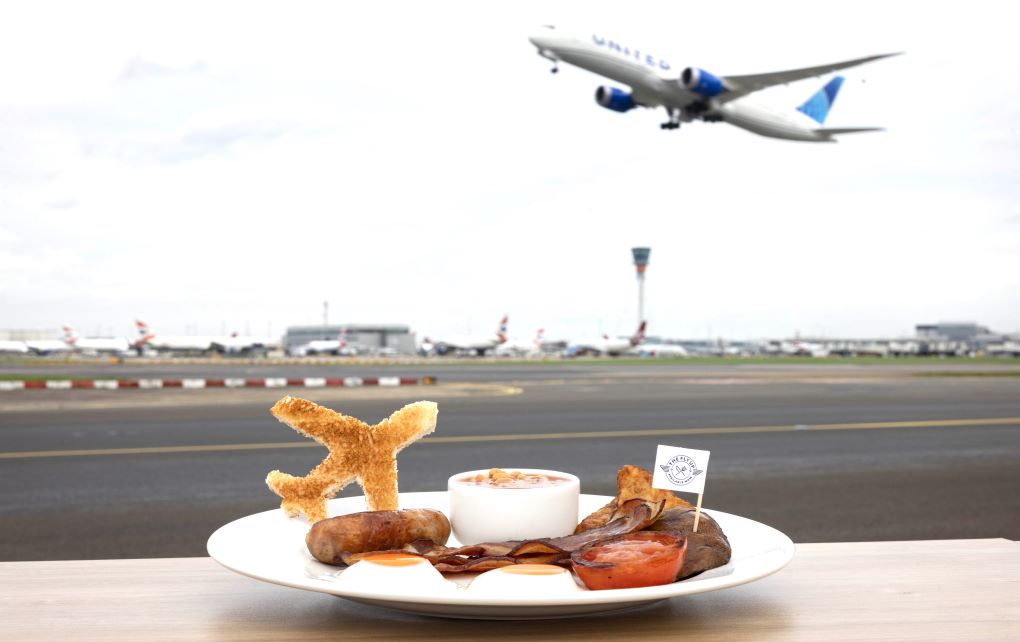
In November last year, Heathrow Airport celebrated the first ever transatlantic 100% SAF flight flown by a commercial airline with Virgin Atlantic.
Its financial incentive to airlines to use SAF more is targeting the equivalent of over 340,000 tonnes of carbon reduction from flights. The airport has made £71 million (US$90.7 million) available to airlines to support the transition to cleaner fuels.
Note: The Moodie Davitt Report publishes the FAB Newsletter, which features highlights of openings, events and campaigns from around the world of airport and travel dining.
Please email Kristyn@MoodieDavittReport.com to subscribe.





